
Heart is an American-Canadian rock band formed in 1973 in Vancouver, British Columbia. The band evolved from previous projects led by founding members Roger Fisher (guitar) and Steve Fossen, including The Army (1967–1969), Hocus Pocus (1969–1970), and White Heart (1970–1973). By 1975, original members Fisher, Fossen, and Ann Wilson, along with Nancy Wilson, Michael Derosier (drums), and Howard Leese formed the lineup for the band's initial mid- to late-1970s success period. These core members were included in the band's 2013 induction into the Rock and Roll Hall of Fame.
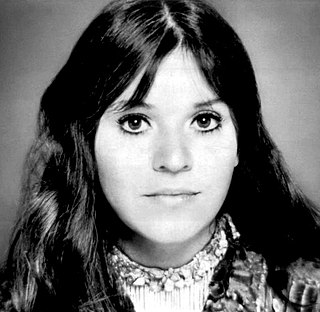
Melanie Anne Safka Schekeryk, professionally known as Melanie or Melanie Safka, was an American singer-songwriter.
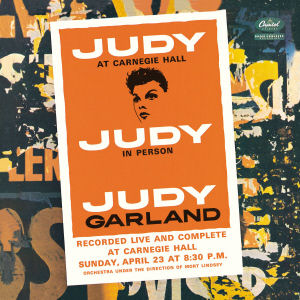
Judy at Carnegie Hall is a double-LP live recording of a concert by Judy Garland at Carnegie Hall in New York City, with backing orchestra conducted by Mort Lindsey. It was recorded on the night of Sunday April 23, 1961.
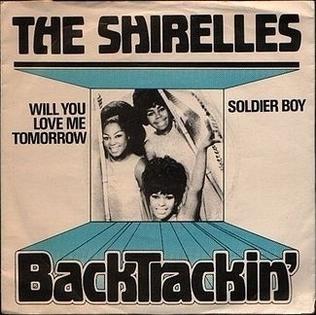
"Will You Love Me Tomorrow", sometimes known as "Will You Still Love Me Tomorrow", is a song written by Gerry Goffin and Carole King. It was first recorded in 1960 by the Shirelles; released as a single that November, it became the first song by an African-American girl group to top the Billboard Hot 100 chart. It has since been recorded by many other artists, including King on her 1971 album Tapestry.

Candles in the Rain is singer Melanie's third album. Released in 1970, the album produced Melanie's first Top Ten single in North America, "Lay Down ", which was inspired by the crowd's reaction to her performance at Woodstock. The cover of the Rolling Stones' 1967 song "Ruby Tuesday" reached the Top Ten in the United Kingdom.
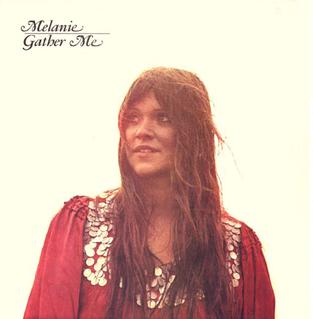
Gather Me is a 1971 album released by Melanie and featuring the US Billboard Hot 100 Singles Chart #1 song "Brand New Key". The album also features the singles "Some Day I'll Be a Farmer" and the Top 40 hit "Ring the Living Bell". The album was certified Gold in the U.S. and was arranged by Roger Kellaway.
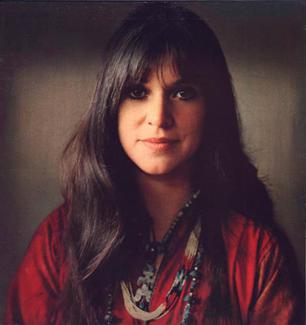
Photograph is an album released by American singer Melanie in 1976, her only release on Atlantic Records. The album contains "Cyclone" which was released as a single.

The Good Book is a 1971 album released by Melanie and featuring the Top 40 hit "Nickel Song". The album also features "Birthday of the Sun", a track Melanie originally performed at Woodstock in 1969.
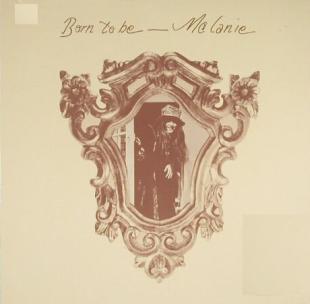
Born to Be is the debut album by singer Melanie, released on Buddah Records in 1968.

Affectionately Melanie is the second album by Melanie Safka. It contains "Beautiful People", a song that Melanie performed at the Woodstock Festival in 1969. In the Netherlands, this album was released as Back in Town.

Madrugada is a 1974 album released by Melanie featuring the singles "Lover's Cross" and "Love to Lose Again". In November 1973, "Will You Love Me Tomorrow" became a Top 40 hit in the United Kingdom and was subsequently added to the British release of the album.

Leftover Wine is a live album released by Melanie in 1970 on the Buddah label. Production and arrangements were conducted by her husband, Peter Schekeryk. The album was recorded at Carnegie Hall in New York City, except for the closing track "Peace Will Come", which was a studio recording that was released as a single to promote the album.

Stoneground Words is an album released by Melanie in 1972. It contains the singles "Together Alone" and "Do You Believe".

Melba Joyce Montgomery is an American country music singer and songwriter. She is known for a series of duet recordings made with George Jones, Gene Pitney and Charlie Louvin. She is also a solo artist, having reached the top of the country charts in 1974 with the song, "No Charge". Born in Tennessee but raised in Alabama, Montgomery had a musical upbringing. Along with her two brothers, she placed in a talent contest which brought her to the attention of Roy Acuff. For several years she toured the country as part of his band until she signed with United Artists Records in 1963.
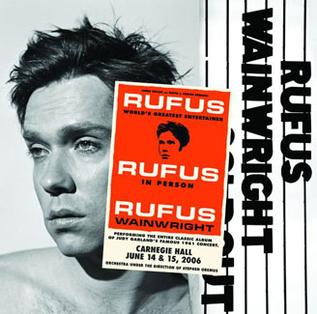
Rufus Does Judy at Carnegie Hall is the sixth album by the Canadian-American singer-songwriter Rufus Wainwright, released through Geffen Records in December 2007. The album consists of live recordings from his sold-out June 14–15, 2006, tribute concerts at Carnegie Hall to the American actress and singer Judy Garland. Backed by a 36-piece orchestra conducted by Stephen Oremus, Wainwright recreated Garland's April 23, 1961, concert, often considered "the greatest night in show business history". Garland's 1961 double album, Judy at Carnegie Hall, a comeback performance with more than 25 American pop and jazz standards, was highly successful, initially spending 95 weeks on the Billboard charts and garnering five Grammy Awards.

"Use Me" is a song, composed and originally recorded by Bill Withers. It was included on his 1972 album Still Bill and was released as a single. An eight-minute live version opens the 1973 album "Live at Carnegie Hall."
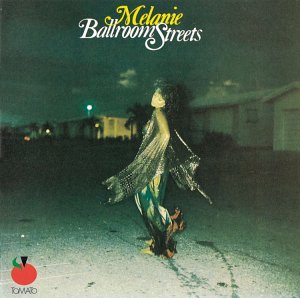
Ballroom Streets is a 1978 double album released by Melanie. The album is essentially a live album but recorded in the studio with a small audience. It mixed new recordings of old songs with some new songs and featured the vocals of the Persuasions. When first issued on CD in 1989, it did not contain "Holding Out", "Any Guy", "Groundhog Day" and "Friends and Company". There was a rare promotional only 12-inch single with the songs "Cyclone " and "Running After Love" [Tomato TOM 12D-0004] distributed at the time of the album's release.

"You Belong to Me" is a song written by American singer-songwriters Carly Simon and Michael McDonald. Originally recorded by McDonald's rock group The Doobie Brothers for their seventh studio album, Livin' on the Fault Line (1977), the song was made famous by Simon when she recorded it for her seventh studio album, Boys in the Trees (1978). A live version of the song from The Doobie Brothers' 1983 album Farewell Tour would later chart on the Pop Singles chart at No. 79 in August 1983.

"Jesse" is a song written and performed by American singer-songwriter Carly Simon. Produced by Mike Mainieri, the song served as the lead single from Simon's ninth studio album, Come Upstairs (1980).
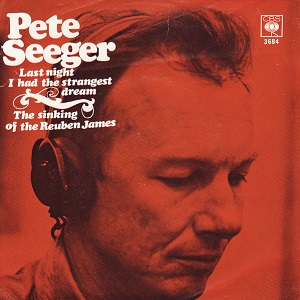
"Last Night I Had the Strangest Dream" is a song written by American folk singer-songwriter Ed McCurdy in 1950. Due to McCurdy's connection with fellow musicians, it was common in repertoires within the folk music community. The song had its first album release when Pete Seeger recorded it as "Strangest Dream" for his 1956 album Love Songs For Friends & Foes. Seeger would later re-visit the song for his 1967 album Waist Deep in the Big Muddy and other Love Songs. The strong anti-war theme of the song led it to be recorded by multiple other artists, including The Weavers (1960), Joan Baez (1962), The Kingston Trio (1963), Simon & Garfunkel (1964), and Johnny Cash who released two versions of the song during the 2000s.



















